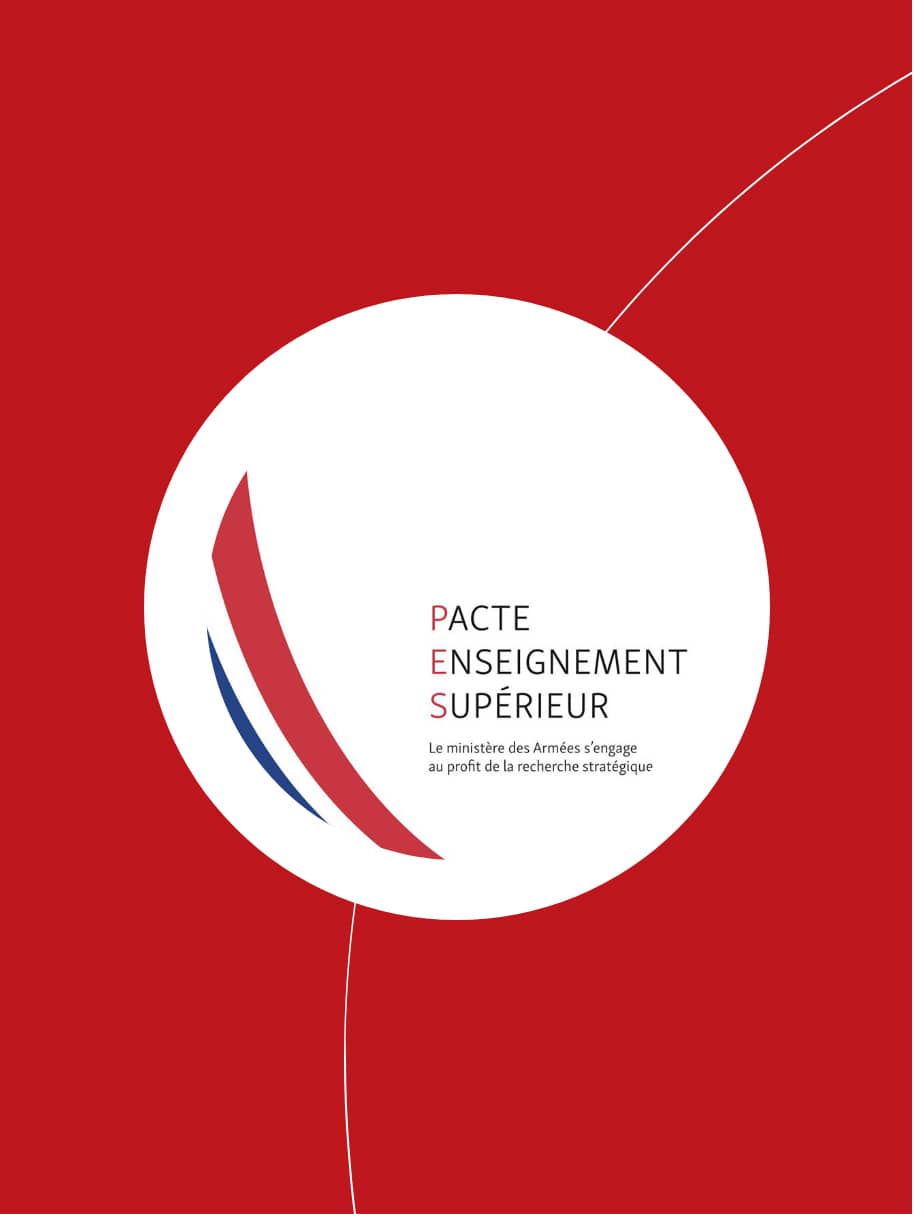About
The Institute for Strategy and Defense Studies
Created in 2018, the Institute for Strategy and Defense Studies (IESD) is a research center dedicated to the field of strategic studies, seen as a branch of political science and international relations. Directed by Olivier Zajec, University Professor of Political Science, the IESD welcomes a multidisciplinary team of researchers belonging to the various research institutions of the Lyon site (law, political science, history) and also includes external profiles that consolidate and compliment the core team, composed of ten specialists from various disciplines (sociology, management, economics).
The study, research, training and outreach program aims to consolidate strategic studies in Lyon university research, in coordination with the many military and civilian organizations in the region working in this field. Benefiting from funding from the Ministry of the Armed Forces under the “Center of Excellence in Strategic Studies” label, the main research object of the IESD is the war of tomorrow.
Research program:
The Interconnection of High Strategic Capabilities
The IESD research program aims to understand the multiple political and operational consequences of high-intensity capability couplings in homogeneous spaces and Contested Commons. IESD researchers focus their work on assessing and understanding the political, operational, and technological transformations of these increasingly interconnected structuring capabilities, on which the future shape of force actions and power relations largely depends.
These “high strategic capabilities” include, but are not limited to; airpower, military uses of outer space, nuclear weapons, digital capabilities, and missile defense. They appear crucial today for the understanding of global strategic developments and thus for the future of French and European defense:
- On the political level, the mastery of these high strategic functions will largely condition the credibility of France and Europe in relation to their competitors, adversaries, and allies who, for their part, clearly make it a capability priority, as suggested by the budgetary and technological efforts of strategic actors such as the United States, China, Russia, not to mention India or Israel. Future definitions of what is meant by “strategic autonomy” will depend in part on a better perspective of the place held by high strategic functions.
- On the operational level, current military operations are no longer applicable to the combined operations required by the new joint doctrines (multi-domain, multi-milieu/multi-field). We are dealing with a continuum of effects which are completely open-ended, based on forcing the hand of the adversary. The actor who gives up their freedom of action in the “homogeneous spaces” framed by the mastery of high strategic functions, runs the risk of losing the ability to anticipate or block their opponent’s moves: either these moves turn out to be too numerous (saturation), too fast (velocity), or almost undetectable (stealth).
- In terms of technology and innovation, high strategic functions are by nature “capability frontiers” that are indispensable to the competitive context of today’s multipolar globalization. The future of high-intensity combat will depend on the technological avenues linked to these domains, such as data fusion, automated targeting, processing capacity, robotics, and artificial intelligence. This capability “mix” will progressively constitute the prerequisite for new forms of superiority across the spectrum.
The institute articulates its research around several axes
Multi-domain doctrines
From Air-Land Battle to Fusion Warfare
The return of conventional confrontations and the emergence of new advanced technologies require the reinforcement of the armed forces and the updating of their doctrines, towards more coordination between their different branches.
Air Power: The Future of Air Power
What is the future of airpower, in the era of the new generation of multi-mission aircraft, the integration of air capabilities and the return to high-intensity confrontation?
Space: The strategic challenges of Outer space
What are the new geostrategic, technological and legal stakes of outer space? The analysis of the dynamics of actors, the study of the technical-capacity stakes, and the modeling of the decision-making constraints applying to the space domain constitute the heart of this research axis.
Deterrence and nuclear weapons
What is the place of deterrence and nuclear weapons within national strategies, in an international context of proliferation and the questioning of the balance established by the Non-Proliferation Treaty? What is its relationship with conventional forces and doctrines?
Anti-ballistic
The international strategic balance is deteriorating and provokes a reconfiguration of both offensive and defensive postures. What development for the anti-ballistic capabilities of emerging powers?
Digitization of armies
Strategic consequences of the digital integration of the armed forces – Institutional construction of the units in charge of the digital war.
Scientific ambition
The objective of the IESD is that these researchers, federated initially around the theme of high strategic functions, constitute a center of excellence and academic influence making reference at the European and transatlantic levels. The core team supporting the program will therefore have to build up around it a network of doctoral students and students likely to specialize in the field of strategic studies so that their analysis and evaluation capacities can be called upon by researchers. research centers, operational actors from the Ministry of the Armed Forces and public institutions, and private actors from the Defense and Security Industrial and Technological Base (BITDS).

After two years of pre-labeling, IESD was awarded the “Centers of Excellence in Strategic Studies” label, set up by the General Directorate of International Relations and Strategy (DGRIS) of the Ministry of the Armed Forces in from January 2021.
The IESD application was able to take advantage of scientific achievements made between September 2018 and July 2020, assessed by an international scientific council. Thus institutionalized and financially sustainable, the IESD is given the means to become a true center of reference within national and global strategic studies.

Our Team
The permanent

Olivier Zajec
Field of research
Antony Dabila
Field of research
Océane Tranchez
Field of research
Valentin Degrange
Field of research
Amaury Dufay
Field of researchLise Dubois
Field of research

